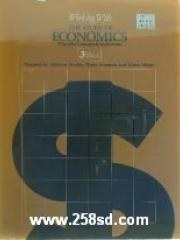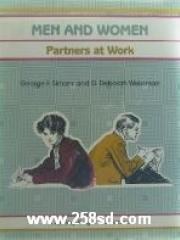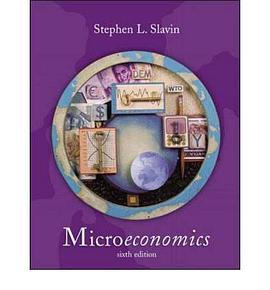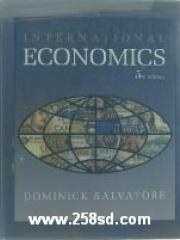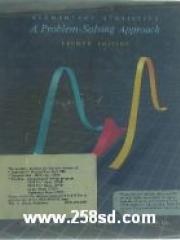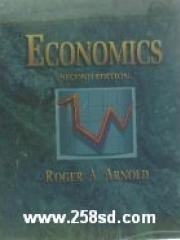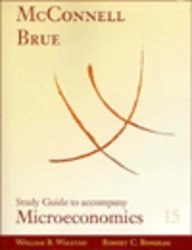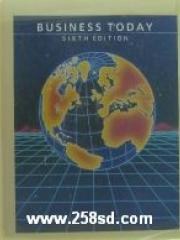

具體描述
. , - , e ,~ , -,, ~ t - ~ "m-lue.~. J ~J~ cnapter expands anti updates demo<br >lions ;~rc discussed. ::rod Ihc chapter expands coverage of holding companies, formation, emphasizes the organization and its culture, and adds i<br >lh,. ic~lsonx hw mcrgcrs, nnd Ihc rolc of govcrnment in defining the "rules o1 self-esteem, creativity, communications, and organizational rc<br >Ihc e~unt ." and redesign. It also covers the problems organizations face in th<br > petitive economy, including the need to encourage creativity in<br >Ctt,,~I TEP~ ?.. S~AI3 FtUSINEgSI{S. NI ~WVENTIIRES, ANI) FRANCHISES explains the role of ment that may discourage it.<br >str,~ll business in America s economy, outlincs building a business, and cov-<br >ers Irancbiscs. In addilion, the chapter covers material on brainstorming CHAPTER I0. HUMAN RESOURCEMANAGEMENT delineates the process of<br >idca~ hw new businesses, updatcs material on alternative funding sources, source management and discusses changing employment statu,<br >and exparlds the lreatmenl of state and local venture capital efforts, pensation. The chapter emphasizes the tendency to view personnc<br > as a function of social policy. It updates information on both th<<br >CHAPTER 4. ETHICAL AND SOCIAL RESPONSIBILITIES OF BUSINESS presents the foun- number of qualified workers and the educational programs that<br >dations of business ethics and social responsibility with regard to the envi- problem. The chapter also adds material on downsizing and on t<br >ronment, consumers, workers, and investors. It expands the philosophical ment to the ADE Act.<br >underpinnings of ethical decision making and adds material on individual<br >versus corporate responsibility. The chapter also discusses the EPA s task of CHAPTER ll. UNION-MANAGEMENT RELATIONS presents the historv of la[<br >balancing risks and benefits when deciding on regulations, and it adds mate- zations and describes the labor movement today. It explains coil<br >rial on the growing use of criminal charges and steep fines to motivate com- gaining and what happens when negotiations break down, and i<br >panies and executives to behave more responsibly, new approaches to labor-management relations. In addition, tt<br > clarifies and updates the material on two-tiered wage plans, io<br >CHAPTER 5. INTERNATIONAL BUSINESS improves the treatment of world trade in issues, strikes, boycotts, financial pressures, lockouts, plant shut<<br >all its forms and discusses the cultural, political, and legal barriers. In addi- bankruptcies, employee or union ownership, and new directions<br >tion the chapter expands the treatment of the U.S. trade deficit, the World It also adds material on work rules and job descriptions as well<br >Bank, the European Community s free trade by 1992, the latest GATT round, safety and health.<br >the Canada-U.S. free trade pact, the Import-Export Bank, the 1988 trade<br >bill, the cultural differences in products, the need for American businesses to<br >export more, and the growing competition from newly industrialized Part Four: Marketing<br >countries.<br > CHAPTER 12. MARKETING AND CONSUMER BEHAVIOR defines marketing<br >Part Two: Operating a Business marketing strategy, and outlines the marketing process. The dis<br >CHAPTER6. THE FUNDAMENTALS OF MANAGEMENT defines the managerial role and consumer buying behavior has been expanded. The chapter also<br >discusses the management process as well as crisis management. It improves the discussions of the strategic planning process and market rese<br >the discussion of the management hierarchy, adds material on authoritarian<br >versus teamwork approaches, updates descriptions of the three levels of CHAPTER 13. PRODUCT AND PRICING DECISIONS defines products as th<br >management, expands the description of conceptual skills, and adds material commerce and adds material on the types of products. It discusses<br >on participative management, uct mix, expands the treatment of the product life cycle, and cow<br > velopment of new products, product identification, and pricing.<br >I)HAIrfER 7. ORGANIZING FOR BUSINESS clarifies the definition of an organization<br >in general and in its many applications. The chapter clarifies the steps in CHAPTER 14. DISTRIBUTION presents a discussion of the distributio~<br >setting up an organization, discusses organizational structures and corporate adds material on middlemen. In addition, it clarifies the section or<br >culture, and expands the treatment of informal organizations, of distribution channels, emphasizing market coverage and impr<br > material on product-related factors. The chapter also adds materi<br >CHAPTER S. THE PRODUCTION OF GOODS AND SERVICES explains production as a marketing and improves the discussion of physical distribution, a~<br >quest for effectiveness -- combining efficiency, quality, and human relations terial on service/cost tradeoffs in physical distribution decisions.<br >to increase competitiveness. The first half of the chapter discusses advances<br >in production technology, process designs, materials management, quality CHAPTER 15. PROMOTION explains the four ingredients in the promoti<br >assurance, quality control, and human relations. The last half of the chapter expands the section on promotional goals; and reorganizes materia<br >discusses operations management and production control, to clarify personal selling, advertising, publicity, and sales pron<br > addition, the chapter condenses the material on types of selling, cl~<br >P~lg lrtlree: Managing Human Resources discussion of advertising budgets, expands coverage of creative<br >CltAI~R 9. ItUMA/~I RELATIONS describes human relations with respect to the clarifies the section on regulation of advertising, improves the ba<br >managerial role and informal groups, and then explains various motivation tween advertising and sales promotion, and expands material on ii<br > alternative advertising media.<br >
作者簡介
目錄資訊
讀後感
評分
評分
評分
評分
用戶評價
相關圖書
本站所有內容均為互聯網搜索引擎提供的公開搜索信息,本站不存儲任何數據與內容,任何內容與數據均與本站無關,如有需要請聯繫相關搜索引擎包括但不限於百度,google,bing,sogou 等
© 2025 onlinetoolsland.com All Rights Reserved. 本本书屋 版权所有


